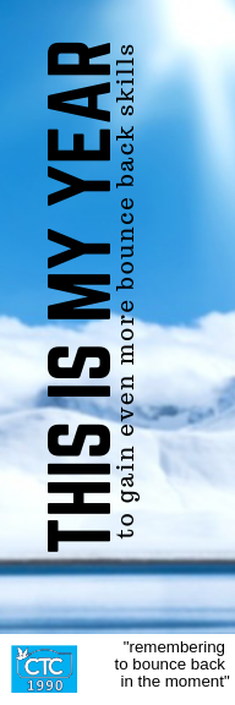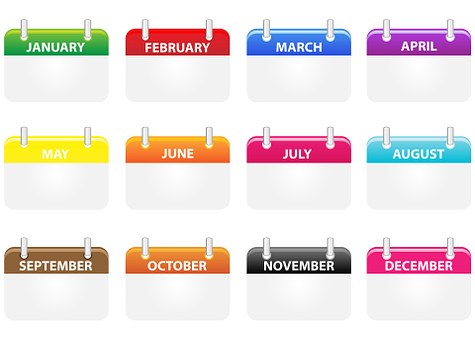| Caring adults helping kids ... can become worn, depleted, losing our "bounce." Have you had that experience? Did you replenish, regain your enthusiasm, your perspective? One way of looking at resilience is "bouncing back": - to a more energized physiology - to a more positive emotional tone - to a more hopeful thinking. Often working with (or parenting) more complex kids results in multiple in-the-moment challenges that diminish our "resilience to future challenges. How can we bounce back, even more quickly, in these challenging moments? How can we bounce back often enough that we stay "in the work" (rather than taking months or years to recover from the re-occurring depletion)? Dr. Janina Fischer has introduced a "Window of Tolerance to Distress" model that is finding traction amid counselling practitioners and clients alike. This model illuminates key factors involved in "bouncing back" - especially noticing what shifts my body's response to the stressors in the moment. | USE THIS BOOKMARK TO REMIND YOU TO TAKE (SELF) CARE! |
For adults who work directly with students, this model is empowering in multiple ways:
(a) it validates that our physiological response to stress is a valid indicator of distress in the moment
(b) it highlights that adults need to recognize the impact of stress our their bodies
(c) it connects physical, emotional and cognitive responses to stress
(d) it recognizes that our window of tolerance grows and shrinks in response to physiological needs (e.g., sleep, nutrition), emotional events (e.g., attachment relationships), and cognitive factors (e.g., thinking patterns, assessments of what is occurring around us, etc.)
(e) it gives permission for adults to plan for self care. (Note that self care is profoundly different than selfishness or narcissism. Self-care, in contrast to self-focused patterns, includes care for the other. Practically speaking, we provide more functional service when we commit to our own health).
| In response to the importance of "bounce back", you will see a number of downloadable bookmarks over the next months to support you in your journey of self-care this year. Share them freely! |

